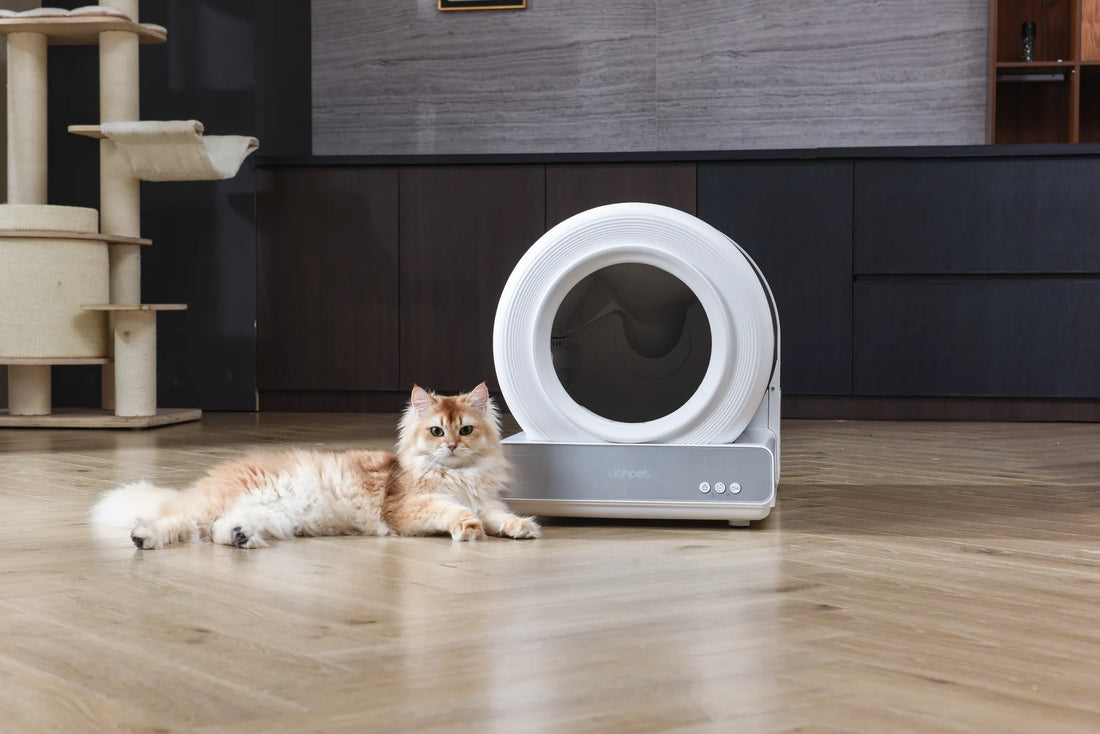If your cat keeps missing the litter box, you're not alone. This frustrating behavior is a common issue among cat owners, but understanding the root cause is the first step toward solving it. Whether it's due to stress, health problems, or environmental factors, there are practical solutions to help your cat get back on track. Let's explore the reasons behind this behavior and how you can address it effectively.
Common Reasons Why Cats Miss the Litter Box
Cats are creatures of habit, and when they start missing the litter box, it's often a sign that something is amiss. Here are some of the most common reasons:
1. Medical Issues
Health problems such as urinary tract infections, kidney disease, or arthritis can make it difficult for your cat to use the litter box properly. If your cat is experiencing pain or discomfort, they may associate the litter box with negative feelings and avoid it altogether.
2. Stress and Anxiety
Cats are sensitive to changes in their environment. Moving to a new home, introducing a new pet, or even rearranging furniture can cause stress, leading to litter box avoidance.
3. Litter Box Preferences
Some cats are picky about their litter box. If the box is too small, too dirty, or filled with a type of litter they dislike, your cat may choose to go elsewhere.
4. Territorial Marking
Unneutered or unspayed cats may mark their territory by urinating outside the litter box. This behavior is more common in multi-cat households.
How to Address the Problem
Once you've identified the potential cause, you can take steps to address the issue. Here are some effective strategies:
1. Visit the Veterinarian
If you suspect a medical issue, schedule a visit to the vet. Early diagnosis and treatment can prevent the problem from worsening and help your cat feel more comfortable.
2. Reduce Stress
Create a calm and stable environment for your cat. Provide hiding spots, vertical spaces, and plenty of enrichment to help them feel secure. If you've recently introduced a new pet, give your cat time to adjust and ensure they have their own space.
3. Optimize the Litter Box
Make sure the litter box is clean, spacious, and filled with a type of litter your cat prefers. Some cats prefer unscented litter, while others may like a specific texture. Experiment to find what works best for your feline friend.
4. Spay or Neuter Your Cat
If territorial marking is the issue, spaying or neutering your cat can significantly reduce this behavior. It also has other health and behavioral benefits.
Prevention Tips
Preventing litter box issues is often easier than solving them. Here are some tips to keep your cat using the litter box consistently:
1. Maintain a Clean Litter Box
Scoop the litter box daily and change the litter regularly. Cats are clean animals and may avoid a dirty box.
2. Provide Multiple Litter Boxes
In multi-cat households, provide one litter box per cat plus an extra one. This ensures that each cat has access to a clean box and reduces competition.
3. Choose the Right Location
Place the litter box in a quiet, accessible area. Avoid high-traffic zones or places near loud appliances, as these can deter your cat from using the box.
4. Monitor Your Cat's Behavior
Pay attention to any changes in your cat's habits. Early intervention can prevent minor issues from becoming major problems.
When to Seek Professional Help
If you've tried everything and your cat continues to miss the litter box, it may be time to consult a professional. A veterinarian or animal behaviorist can provide tailored advice and help you address underlying issues.
Understanding why your cat keeps missing the litter box is key to solving the problem. By addressing the root cause and making a few adjustments, you can help your cat feel more comfortable and ensure they use the litter box consistently. With patience and persistence, you and your feline friend can overcome this challenge together.














